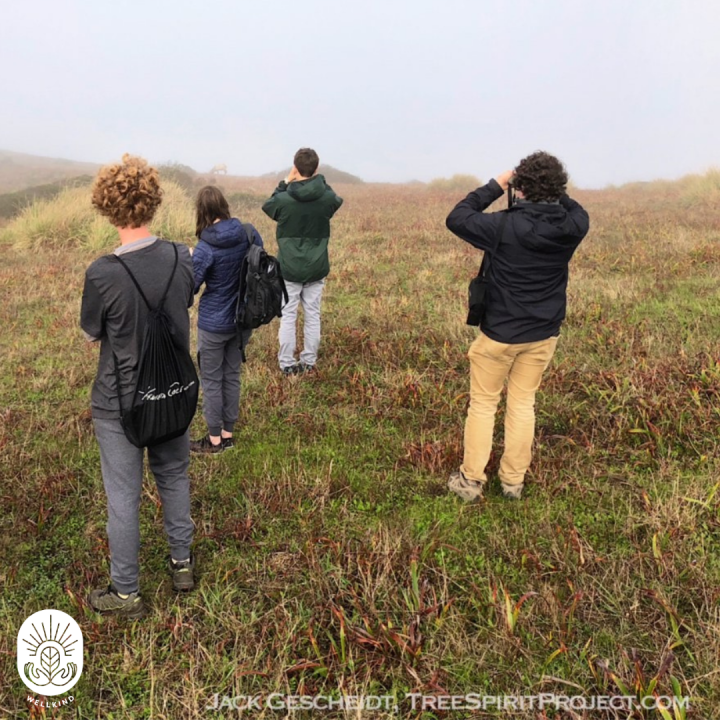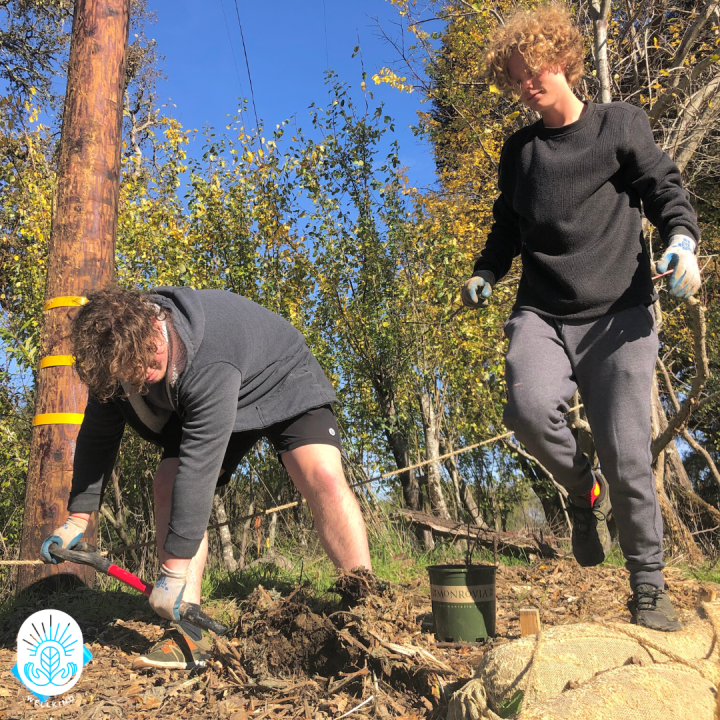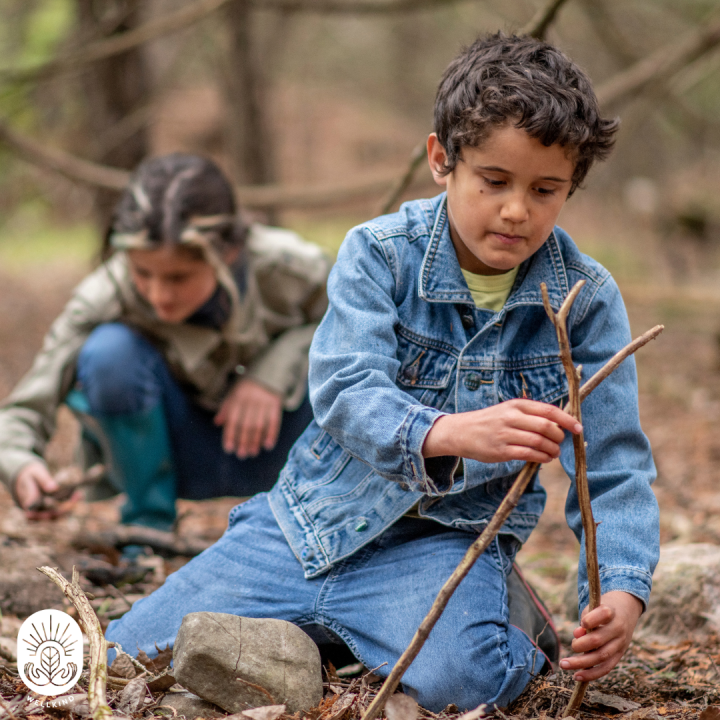Our Mission
WE GIVE LOCAL LEADERS THE RESOURCES TO CULTIVATE ECONOMIC AND ECOLOGICAL WELLNESS FOR THEIR COMMUNITIES AND THE EARTH. WellKind provides leadership training and ecological and economic resources from a perspective that recognizes local leadership, systems thinking, and our inherent connection to nature.
We focus on local leaders because we know the best solutions are place-based and culturally appropriate. Our work is to support these leaders as partners and collaborators to facilitate the emergence of locally-appropriate solutions from the communities themselves, and provide the resources needed to help make them happen.
We look at the whole system, intentionally designing programs that work towards community resilience - helping communities build the capacity to meet their own needs. By fostering leadership within the unique context of each community, we seek to restore the web of relationships - to self, each other and the planet - that form the roots of a thriving planet.
We consider wellness as the intersection of optimal health for people and the planet, economic empowerment, and resilient communities. We ground our work in regenerative solutions and relationship-based design, making use of existing assets so that projects will have an enduring, positive effect for the communities we collaborate with.
Working in solidarity with local leaders, we weave stronger relationships to self, to each other, and to the planet that revive our sense of connection and hope, ensuring everyone has what they need to thrive.
Donate Now
Our Impact
almost 3 years ago

- Forestry Internship - “The research skills I learned were very beneficial to the writing that I did and will be applicable to future projects. Learning about how to create a balance of scientific information so that the average person can understand was a very important skill. The scientific information we learned was all very relevant. I can recount much of the information I learned and apply it to local systems. I really appreciated the curation of information; how it all tied together and how we were able to make connections and really have a strong understanding that a holistic approach to conservation is essential.”
about 4 years ago

- Guatemala Program - As a child, Maria was unable to study because her parents spent the family’s money on liquor. Now in a similar situation with her husband, she is raising her three children while working to support her own family on a single income. Maria is a leader of WELLKIND Guatemala’s orchards project and a mentor among the women in the artisan weavers’ co-operative. Since her involvement we have seen more engagement and productivity from the different artisan groups. She has also taken care of her organic garden more than anyone else, and has served as an example to follow. Maria’s biggest goal is to open a business selling food and vegetables. She hopes to gain financial independence from her husband. This way she can “save money and better her living situation and provide for her children.” Maria added that “I also dream of helping more communities near Tzununá with the crochet business that we are doing now, empowering local women through handicrafts.”
almost 3 years ago

- Forestry Internship - At the beginning (of my Forestry Internship), I was pretty pessimistic when I thought about climate change... I thought issues like that were best left to people more passionate than me and with real desire to change to world. Now, I definitely feel like a single person can change the world... And that person can be me.
almost 3 years ago — Sonoma County

- Garden Program - The garden redirects negative energy and makes it positive with the bonus of plants and flowers that they care for and nurture. Being in the garden improved the students understanding of water conservation, water flow, and how and why plants adapt to their environment as well as the importance of maintaining a healthy environment. The better understand how everything is connected and interdependent.
almost 3 years ago — Sonoma County

- Garden Program - I teach English Language Development and I have my students in the garden every day working on projects and tending the plants. I find that these experiences stick with students and when it comes to language acquisition, hands on learning is where it's at! There's one student in particular who has really taken ownership of the garden space. This student has in the past struggled with mental health and shown some defiant behaviors in the classroom. Now he waters the garden every morning and takes care of the plants, spreading compost or pruning plants. Since this has become his routine, both his classroom teacher and the school counselor have noticed a change in his attitude. When we came back from spring break he was overjoyed to see the growth and changes in the garden.